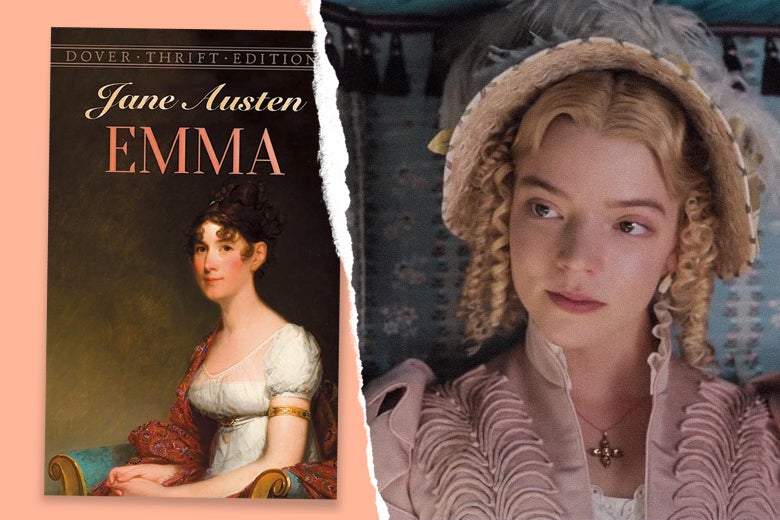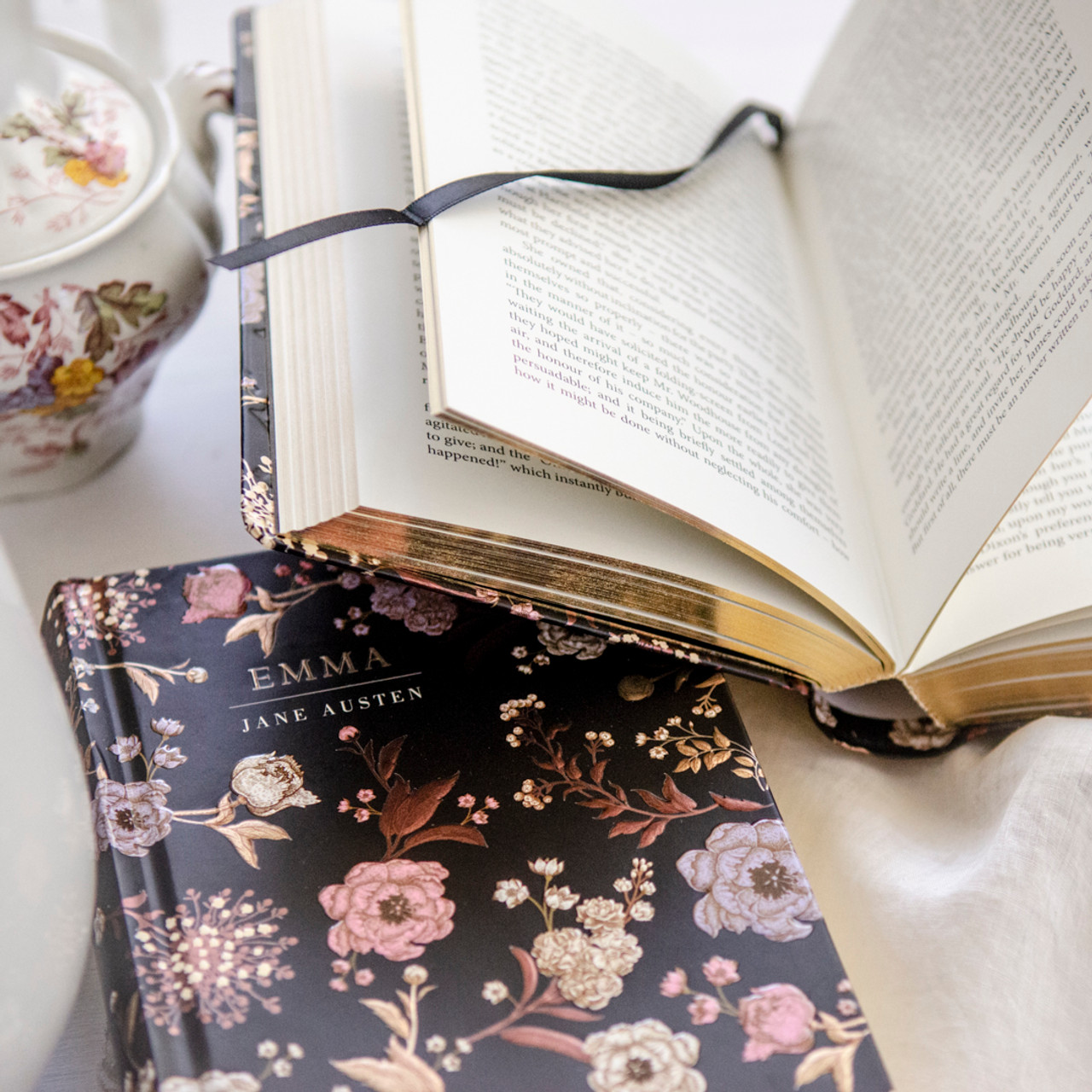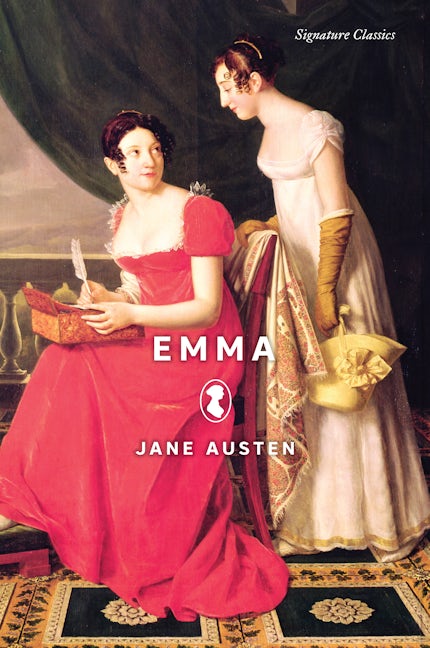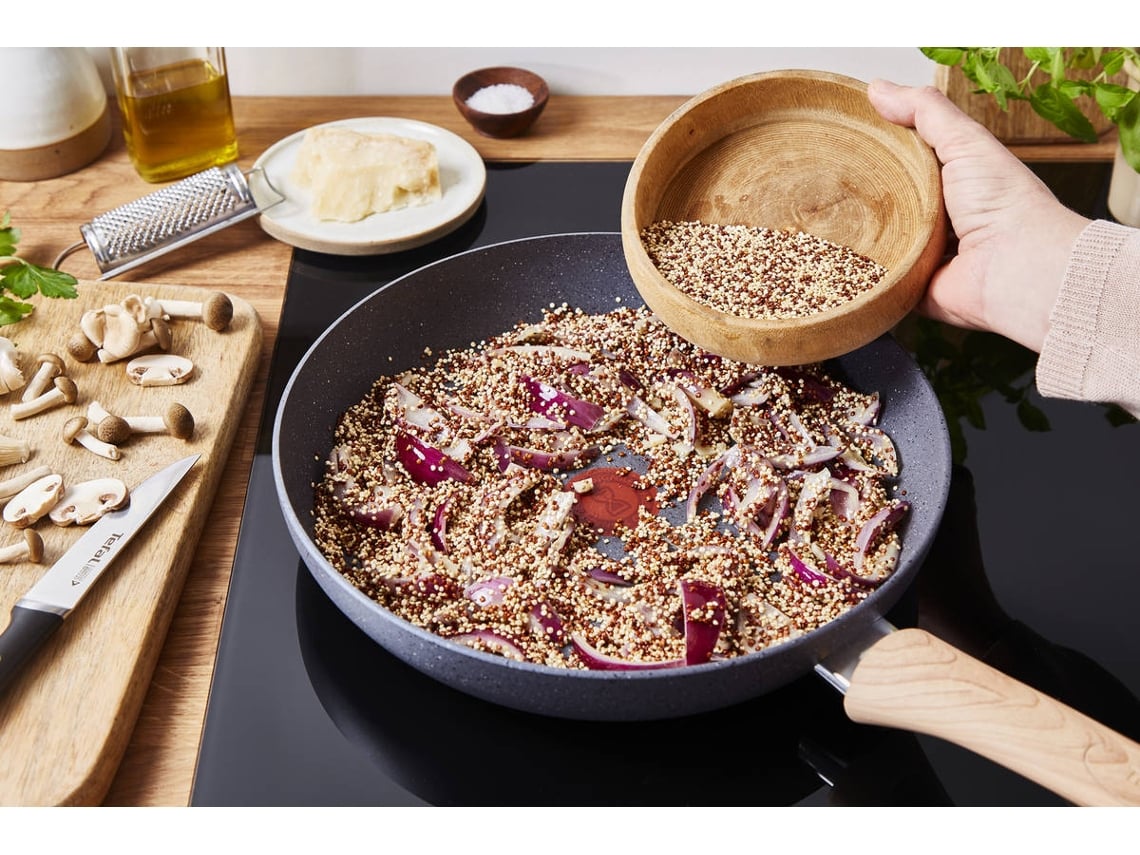Emma by Jane Austen (Oxford World's Classics) — Tumblar House Catholic Books
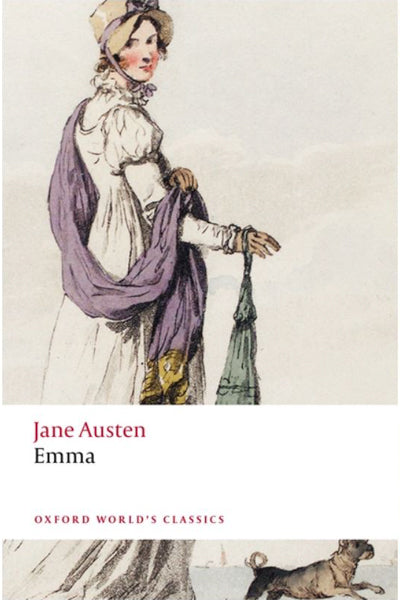
quot;'Better be without sense than misapply it as you do.'" Emma Woodhouse— "rich, handsome and clever"— is every bit that rich and that handsome, but perhaps not as clever as she believes. Residing in the quietness of rural England at the turn of the 19th century, the young heiress has as yet no intention of marrying, but enjoys playing the matchmaker among her acquaintances. Supposing she arranged her governess's marriage, she then takes for a protégé Harriet, a simple-minded girl of humble and mysterious parentage, and proceeds to closely direct all her affairs so as to see her married well. Meanwhile, the honorable Mr. Knightley, a perceptive and steadfast friend, looks on with disapproval— but it would seem that for some youth, wisdom only comes through mistakes. From an authoress who has been held in high esteem by many of the great writers and intellectuals of the past two centuries, Jane Austen's Emma is a must-read for those who would immerse themselves in classic literature. Praise for Jane Austen “[Jane Austen] had a talent for describing the involvements and feelings and characters of ordinary life, which is to me the most wonderful I ever met with. The Big Bow-wow strain I can do myself like any now going; but the exquisite touch, which renders ordinary commonplace things and characters interesting, from the truth of the description and the sentiment, is denied to me.” —Sir Walter Scott, in his journal, 1826 “The influence of her genius is extensively recognized in the American Republic, even by the highest judicial authorities. The late Mr. Chief Justice Marshall, of the Supreme Court of the United States, and his associate Mr. Justice Story, highly estimated and admired Miss Austen, and to them we owe our introduction to her society.” —The Quincy family of Boston, Massachusetts, in a letter to Admiral Sir Francis Austen, 1852 “When I take up one of Jane Austen's books I feel like a barkeeper entering the kingdom of heaven. I know what his sensations would be and his private comments. He would not find the place to his taste, and he would probably say so.” —Mark Twain as quoted by A. B. Paine, 1909 “…The strength and subtlety of woman had certainly sunk deep into English letters when George Eliot began to write. Her originals and even her contemporaries had shown the feminine power in fiction as well or better than she. Charlotte Brontë, understood along her own instincts, was as great; Jane Austen was greater. The latter comes into our present consideration only as that most exasperating thing, an ideal unachieved. It is like leaving an unconquered fortress in the rear. No woman later has captured the complete common sense of Jane Austen. She could keep her head, while all the after women went looking for their brains. She could describe a man coolly; which neither George Eliot nor Charlotte Bronte could do. She knew what she knew, like a sound dogmatist: she did not know what she did not know— like a sound agnostic. But she belongs to a vanished world before the great progressive age of which I write Jane Austen was born before those bonds which (we are told) protected women from truth, were burst by the Brontës or elaborately untied by George Eliot. Yet the fact remains that Jane Austen knew more about men than either of them. Of course, [she] covered an infinitely smaller field than any of her later rivals; but I have always believed in the victory of small nationalities." —G.K. Chesterton, The Victorian Age in Literature, 1913 "Jane lies in Winchester, blessed be her shade! Praise the Lord for making her, and her for all she made. And while the stones of Winchester—or Milsom Street—remain, Glory, Love, and Honour unto England's Jane!" —Rudyard Kipling, Jane's Marriage, 1924 " Why do the characters in Jane Austen give us a slightly new pleasure each time they come in, as opposed to the merely repetitive pleasure that is caused by a character in Dickens? The answer to this question can be put in several ways; that, unlike Dickens, she was a real artist, that she never stooped to caricature, etc. But the best reply is that her characters, though smaller than his, are more highly organized. They function all round, and even if her plot made greater demands on them than it does they would still be adequate. All the Jane Austen characters are ready for an extended life which the scheme of her books seldom requires them to lead, and that is why they lead their actual lives so satisfactorily. How Jane Austen can write! " —E.M. Forster, Aspects of the Novel, 1927 " It is perhaps worth emphasizing what may be called the hardness— at least the firmness— of Jane Austen's thought. The great abstract nouns of the classical English Moralists are unblushingly and uncompromisingly used; good sense, courage, contentment, fortitude, 'some duty neglected, some failing indulged', impropriety, indelicacy, generous candor, blamable trust, just humiliation, vanity, folly, ignorance, reason. These are the concepts by which Jane Austen grasps the world. All is hard, clear, definable; by some modern standards, even naively so. The hardness is, of course, for oneself, not for one's neighbors. Contrasted with the world of modern fiction, Jane Austen's is at once less soft and less cruel. It remains to defend what I have been saying against a possible charge. Have I been treating the novels as though I had forgotten that they are, after all, comedies? I trust not. The hard core of morality and even of religion seems to me to be just what makes good comedy possible. 'Principles' or 'seriousness' are essential to Jane Austen's art. Where there is no norm, nothing can be ridiculous, except for a brief moment of unbalanced provincialism in which we may laugh at the merely unfamiliar. Unless there is something about which the author is never ironical, there can be no true irony in the work. 'Total irony'— irony about everything— frustrates itself and becomes insipid. If charity is the poetry of conduct and honor the rhetoric of conduct, then Jane Austen's 'principles' might be described as the grammar of conduct. Now grammar is something that anyone can learn; it is also something that everyone must learn. She is described by someone in Kipling's worst story as the mother of Henry James. I feel much more sure that she is the daughter of Dr. Johnson: she inherits his common sense, his morality, even much of his style." —C.S. Lewis, A Note On Jane Austen, 1954
'Better be without sense than misapply it as you do.'
Emma Woodhouse— rich, handsome and clever— is every bit that rich and that handsome, but perhaps not as clever as she believes. Residing in the quietness of rural England at the turn of the 19th century, the young heiress has as yet no intention of marrying, but enjoys playing the matchmaker among her acquaintances. Supposing she arranged her governess's marriage, she then takes for a protégé Harriet, a simple-minded girl of humble and mysterious parentage, and proceeds to closely direct all her affairs so as to see her married well. Meanwhile, the honorable Mr. Knightley, a perceptive and steadfast friend, looks on with disapproval— but it would seem that for some youth, wisdom only comes through mistakes.
From an authoress who has been held in high esteem by many of the great writers and intellectuals of the past two centuries, Jane Austen's Emma is a must-read for those who would immerse themselves in classic literature.
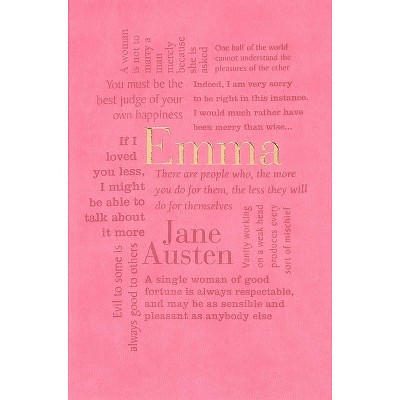
Emma - (word Cloud Classics) By Jane Austen (paperback) : Target
In very good condition. An extremely sought-after and collectable edition of Jane Austen's Emma. Highly decorative and illustrated throughout. Not

1898 Emma by Jane Austen / 1st Edition Thus / Highly Sought After Decorative Antique Edition / Illustrated by Hammond / Very Good Condition
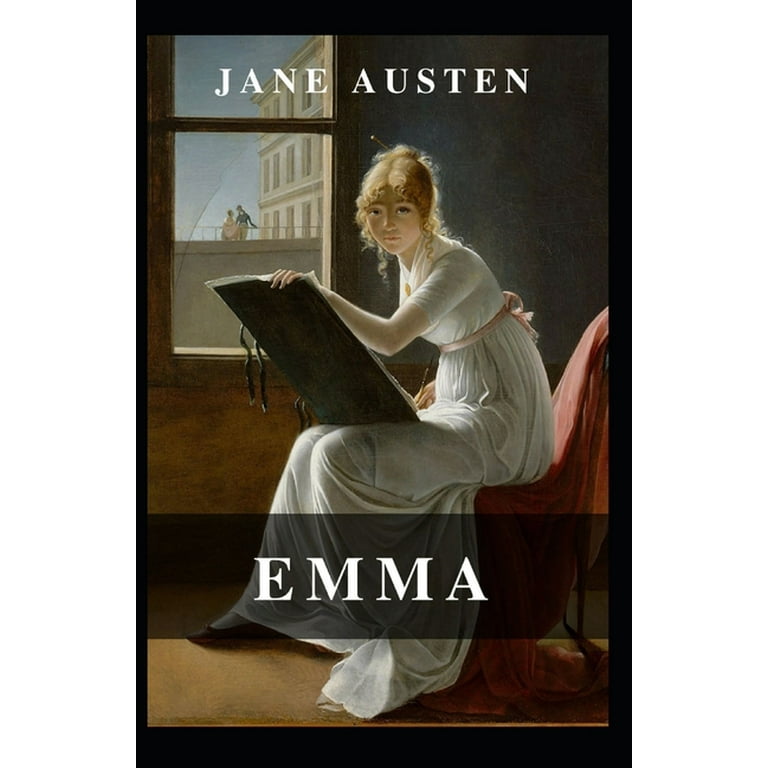
Emma : Jane Austen (Classic American Literature, Romance, ) [Annotated] (Paperback)

Emily – Living Adventurously

Jane Austen's Mansfield Park – Austenprose
Used Book in Good Condition

Emma (Barnes & Noble Classics)

Jane Austen – A.M. Pine – Hearth Ridge Reflections

Oxford World's Classics - Charlotte Bronte - Shirley, PDF
Published as part of our Jane Austen series, this sparkling edition is introduced by Fay Weldon.
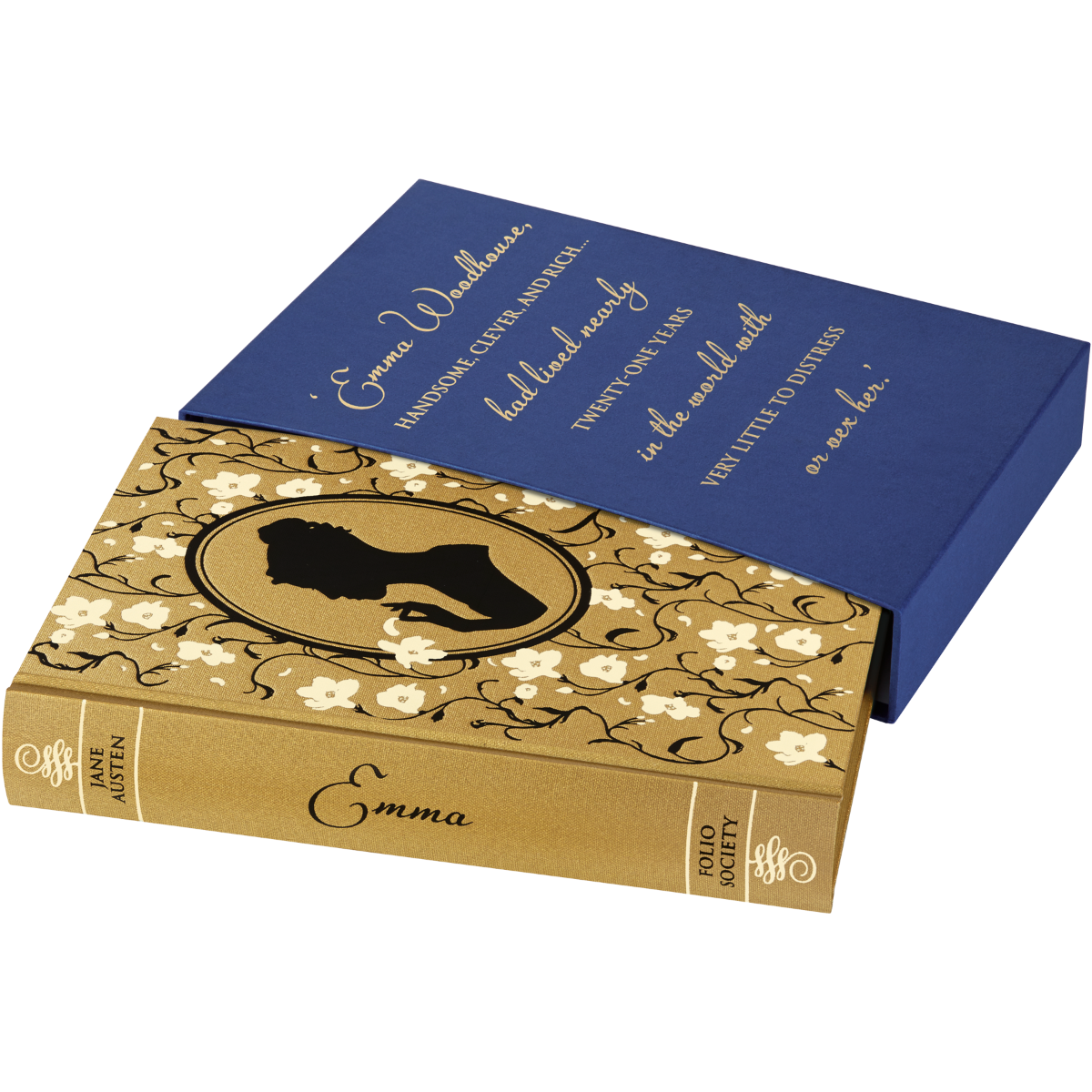
Emma
